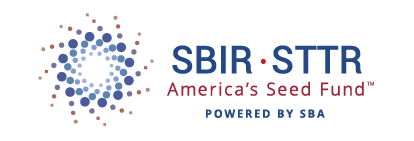About the Tibbetts Awards
The Tibbetts Awards are named after Roland Tibbetts, who was instrumental in developing the SBIR program. Widely acknowledged as the founder of the SBIR Program, Roland Tibbetts, was appointed as the Senior Program Officer at the National Science Foundation (NSF) in 1972. As an NSF program manager, Tibbetts was known as a task master with well-honed instincts for enabling potentially game-changing projects. He also recognized the importance of small, high-tech firms to the economy. Tibbetts sought to direct a greater share of the NSF research and development budget to small businesses, and envisioned an innovative program with a 3-phase structure to foster the R&D of small, high-tech businesses and push them to realize their commercial potential. This program served as the basis of the Small Business Innovation Research (SBIR) program signed into law on July 22, 1982.
The SBA recognizes companies, organizations and individuals who exemplify the spirit and intent of the SBIR/STTR programs with the Tibbetts Awards. These awards not only recognize the successes but help document the economic, technical, and societal benefits from SBIR/STTR funding. Winners are selected based on the economic or societal impact of their technological innovation, and the extent to which that innovation served federal R&D needs, encouraged diverse participation, and increased the commercialization of federal research.
There are two types of Tibbetts Awards: awards for businesses that have received SBIR Phase I or Phase II awards, and awards for individuals and organizations who have supported the SBIR Program.
Individual or Organization Nomination
SBIR/STTR Firm
Individuals/organizations are evaluated based on unique, long-term service, creation and/or initiation of new programs, and/or advocacy of the SBIR programs.
Companies are evaluated on how they leveraged the SBIR investment and program to stimulate technical innovation, generate business impacts, and spur broader social and economic benefits.

